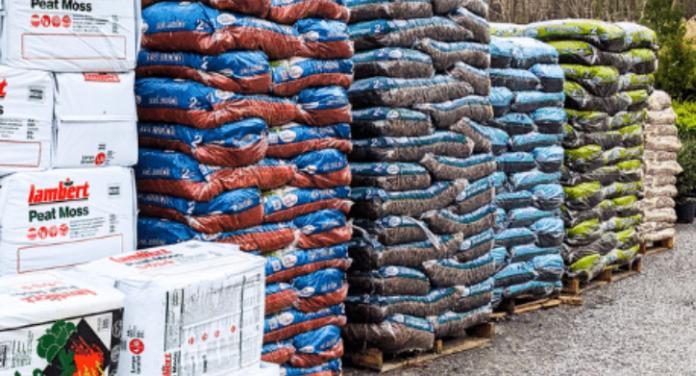As The Start Of The 2024 Gardening Season Kicks Off Here Are Some Facts About How Peat Moss Contributes To Climate Change
Saturday, May 18, 2024, 2:30 P.M. ET. By Elaine Metz: Englebrook Independent News,
MORRISTOWN, NJ.- Summer is just around the corner, bringing warmer weather, good times outdoors, and perhaps some gardening projects that you have been putting off. As you plan to amend your garden soil and fill your pots to get them ready for your flowers and veggies, you may want to look closely at what compost or soil mix you are purchasing at the nursery or your local garden center.
A commonly used ingredient in compost and soilless mixes is peat, sometimes called sphagnum moss, and is also known as peat moss. Peat is very efficient at retaining moisture and helps soilless mix provide a light, well-draining, but moist environment for plant roots. But the harvest and use of peat is an environmental disaster.
Peat is a highly organic soil composed of dead plant material, naturally formed in waterlogged environments where dead plants and animals are unable to properly decompose. These peatlands are rare and important habitats and take thousands of years to form. Not only are they often biodiversity hotspots, but they are incredibly important for the climate, as peat stores huge amounts of carbon. Peat is even a better storehouse of carbon than trees, with twice as much carbon stored globally in peatlands than in forests.
However, these amazing carbon-storing properties only occur when peatlands are undisturbed and in good condition. Removing and harvesting peat for use in horticulture, or as a fuel source, releases the stored carbon, inducing greenhouse gas emissions and contributing to climate change. Global greenhouse gas emissions from degraded peatlands are greater than emissions from the aviation industry.
It is incredibly important that we prevent the destruction of peatlands and move toward their restoration so that they once again remove carbon from the atmosphere rather than release carbon into it. Peat use in horticulture has already been banned in the United Kingdom, but the U.S. is yet to follow.
We have become so reliant on peat you may wonder how you will garden without it, but peat is actually very low in nutrients, and there are many alternatives that we can use in its place in our gardens. For example, there is coconut coir (made from waste from the coconut industry) compost from agricultural waste, or homemade compost from your kitchen waste. So please, for “Peat’s Sake,” check what’s in your bag of soil, and please choose wisely this year.


